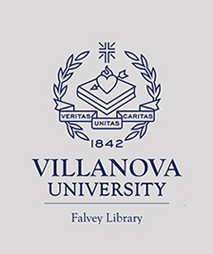End of the Oikumene A Very Short History of the Russian Far East
##plugins.themes.bihistory.article.main##
Abstract
There are many parts of the world that do not receive much attention outside of their own resident peoples. This is an anomaly of history and its measurements of value. Why should Niagara Falls or Victoria Falls have more name-recognition than the spectacular waterfall of Ilya Muromets in the Kuril Islands? Why Paris or Capetown instead of Irkutsk? Of course, this is a complex question involving population density, songs, and travel literature! But in terms of big history and universal studies, why should one place be privileged over others?
For example, the literary scholar, Gary Lawless, directly addresses this question in his article on bioregionalism and big history for his own geographic home in the Gulf of Maine, while historian Craig Benjamin assesses the significance and survival of an even more focused area – Jericho in the West Bank of Palestine. So too, I wish to offer a contribution to the argument that our entire planet and all of humanity and life are of significance. Here, therefore is a brief but big history of my homeland.
##plugins.themes.bighistory.article.details##

This work is licensed under a Creative Commons Attribution 4.0 International License.
Authors who publish with this journal agree to the following terms:- Authors retain copyright and grant the journal right of first publication with the work simultaneously licensed under a Creative Commons Attribution License that allows others to share the work with an acknowledgement of the work's authorship and initial publication in this journal.
- Authors are able to enter into separate, additional contractual arrangements for the non-exclusive distribution of the journal's published version of the work (e.g., post it to an institutional repository or publish it in a book), with an acknowledgement of its initial publication in this journal.
- Authors are permitted and encouraged to post their work online (e.g., in institutional repositories or on their website) prior to and during the submission process, as it can lead to productive exchanges, as well as earlier and greater citation of published work (See The Effect of Open Access).



